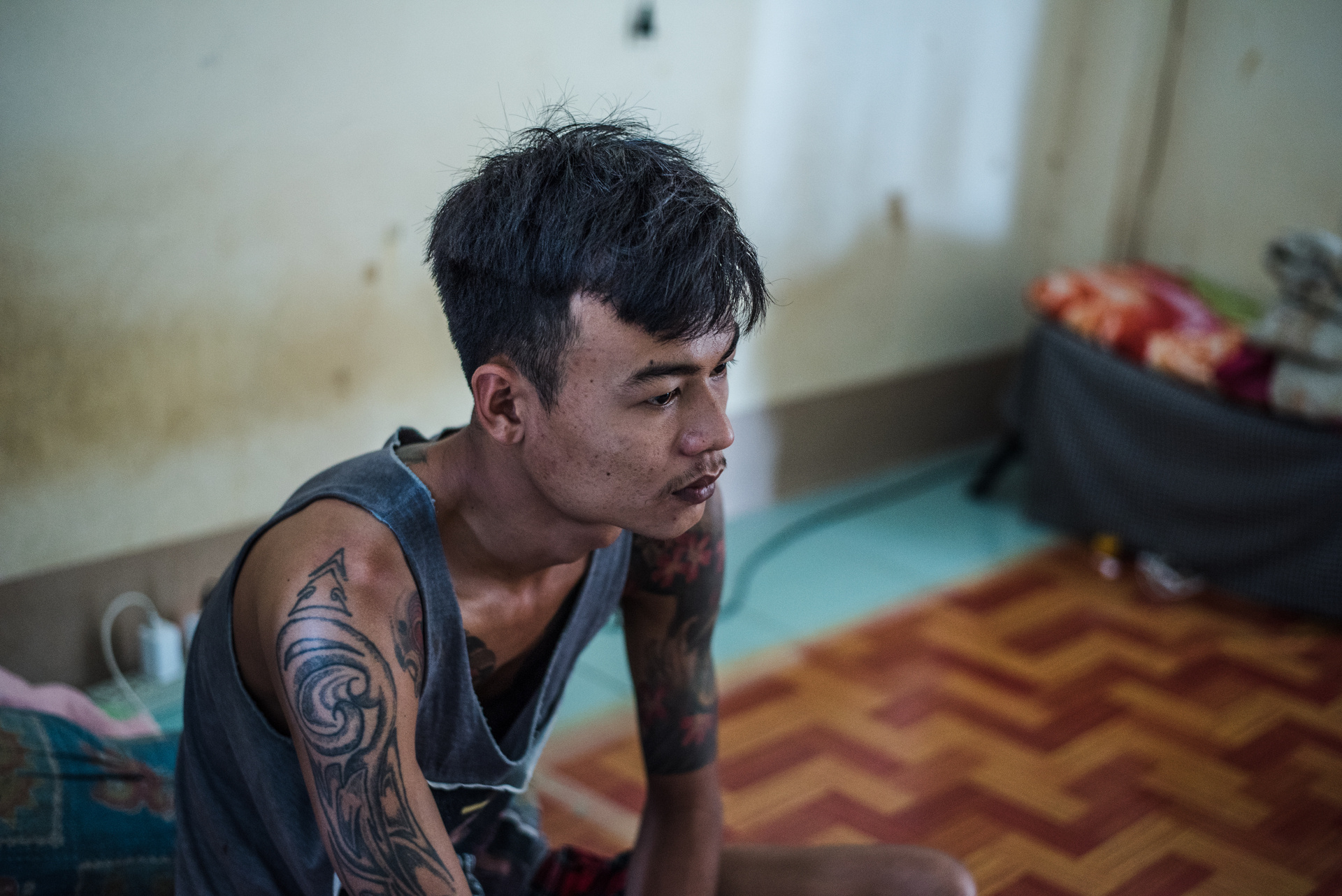
Key facts
- There were an estimated 272 million international migrants in 2019 (1). Refugees, asylum seekers and irregular migrants are of special concern and need protection and support.
- Migrants and refugees can be exposed to various stress factors which affect their mental health and well-being before and during their migration journey and during their settlement and integration.
- The prevalence of common mental disorders such as depression, anxiety, and post-traumatic stress disorder (PTSD) tends to be higher among migrants exposed to adversity and refugees than among host populations.
- Many migrants and refugees lack access to mental health services or experience barriers in accessing these. They also face disruptions in continuity of care.
- The mental health needs of migrants and refugees should be addressed by organizing inclusive and accessible promotion and prevention programmes; strengthening mental health as part of general health services; and ensuring timely diagnosis, treatment, and rehabilitation.
- Migrants and refugees contribute positively to society, but they cannot reach their full potential unless they are in good physical and mental health.
Information presented on this page has been replicated from the linked WHO fact sheet. Please always refer to the original source on who.int for the latest version. Last update: March 2024.
